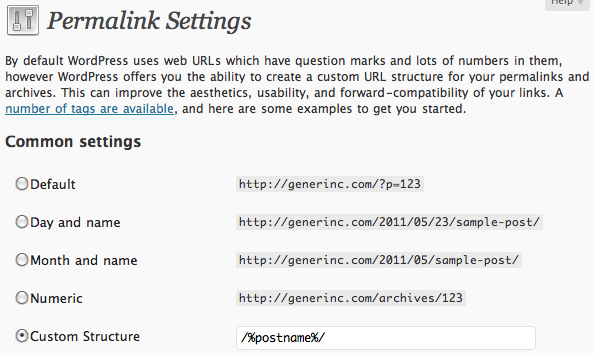This article was republished from the Kingmaker Marketing blog. Please go to Learn Why Frank Kern’s Results In Advance Works So Well to leave any comments.
Frank Kern is a legend in the information marketing world and one of his most powerful techniques is known as “Results In Advance.” If you are not familiar with this technique do yourself (and your business) a favor and go watch the Results In Advance video right now. It is pure marketing genius.
Welcome back. You did go watch the video, right? Unfortunately you can no longer purchase the product, Mass Control 2.0, that Frank mentions at the end of the video. In fact, Frank has retired from teaching marketing and only takes private clients these days. Now let’s dig into some of the reasons why Results In Advance works so well that Frank didn’t explain and maybe you can find ways to leverage the same principles throughout your own marketing.
Propulsion Mechanisms – What Drives Action
Propulsion mechanisms are a model used by hypnotists to motivate their clients to change (and keep the change.) There are two kinds of propulsion mechanisms; towards propulsion mechanisms and away from propulsion mechanisms.
Towards propulsion mechanisms are the positive benefits you get from achieving your goal. To stick with the example Frank used they would be things like companionship, an activity partner, love, and perhaps the prospect of someday having a family of your own. The problem with towards propulsion mechanisms is that they are very weak and provide little motivation when your goal is far away. People tend to treat towards propulsion mechanisms as little more than entertaining daydreams until they get fairly close to their goal.
Away from propulsion mechanisms are the negative things about where you are right now that will go away, or decrease, if you achieve your goal. Away from propulsion mechanisms are very powerful early on in a change process, but lose strength as progress is made. Using our same example if you want a fulfilling relationship, but you don’t know how to approach somebody you are attracted to the obvious away from propulsion mechanism would be your loneliness. Many marketers and sales professionals understand this and “sell to the pain” and might do something like encourage their prospect to imagine a life all alone, growing old without anybody to care for, and never having a family of their own. This can be very effective in getting someone to take action, but there is a side effect that few people ever consider and which the Results in Advance technique sidesteps quite neatly. Which brings us to…
Subconscious Associations – Everything Is Related In Your Mind
Your subconscious mind stores everything you experience, even those things you never consciously noticed, together in your memory. It then decides how important that set of associations is primarily based on how strong your emotional reaction was. Therein lies the problem with motivating people using away from propulsion mechanisms… you get associated with that negativity!
One of the reasons Frank has such fanatically loyal customers that are willing to pay premium prices for his products is that he totally avoids selling with negativity. By using Results In Advance he is able to move his prospects close enough to their goal before he ever asks them to buy anything that he can focus on the positive, towards propulsion mechanisms in all of his marketing.
If that was all there was to Results In Advance it would still be a very powerful marketing technique, but it turns out that it also leverages several principles of influence popularized by Robert Cialdini in his groundbreaking book, Influence: Science and Practice.
Reciprocity
The principle of reciprocity is quite straightforward. When somebody does something for you, you then feel obligated to do something in return for them. Results In Advance begins with you giving several valuable and useful things to your prospects which builds high levels of reciprocity which they tend to balance by buying your product when you finally make it available to them.
Commitment and Consistency
The principle of commitment and consistency states that once you take an action you are predisposed to defend that action and take similar actions in the future. With Results In Advance your prospects start out taking actions that cost them nothing and are therefore easier for you to convince them to take, but each time they take an action you recommend they become more likely to take additional recommendations from you.
Liking
Just about everybody understands the principle of Liking intuitively. You are more likely to do what a person you like recommends than what somebody you have neutral or negative feelings towards. By giving your prospects several useful things while asking for nothing in return they naturally begin to like you.
Authority
The principle of authority states that a person is more likely to do what they are told if that direction comes from somebody they recognize as being in a position of authority. As a potential customer takes advantage of the early free stages of your Results In Advance campaign they get undeniable proof that what you are offering works and they begin to look at you as an authority figure. Even if they don’t actually follow your recommendations or use the free things you offer if they just imagine what it would be like it has the same effect on their subconscious.
Wrapping Up
There is actually a fair bit more to say about Results In Advance, but this post is getting a bit long so I think I’ll wrap it up here. Post your thoughts and questions in the comments area and I’ll be happy to respond.
This article was republished from the Kingmaker Marketing blog. Please go to Learn Why Frank Kern’s Results In Advance Works So Well to leave any comments.

